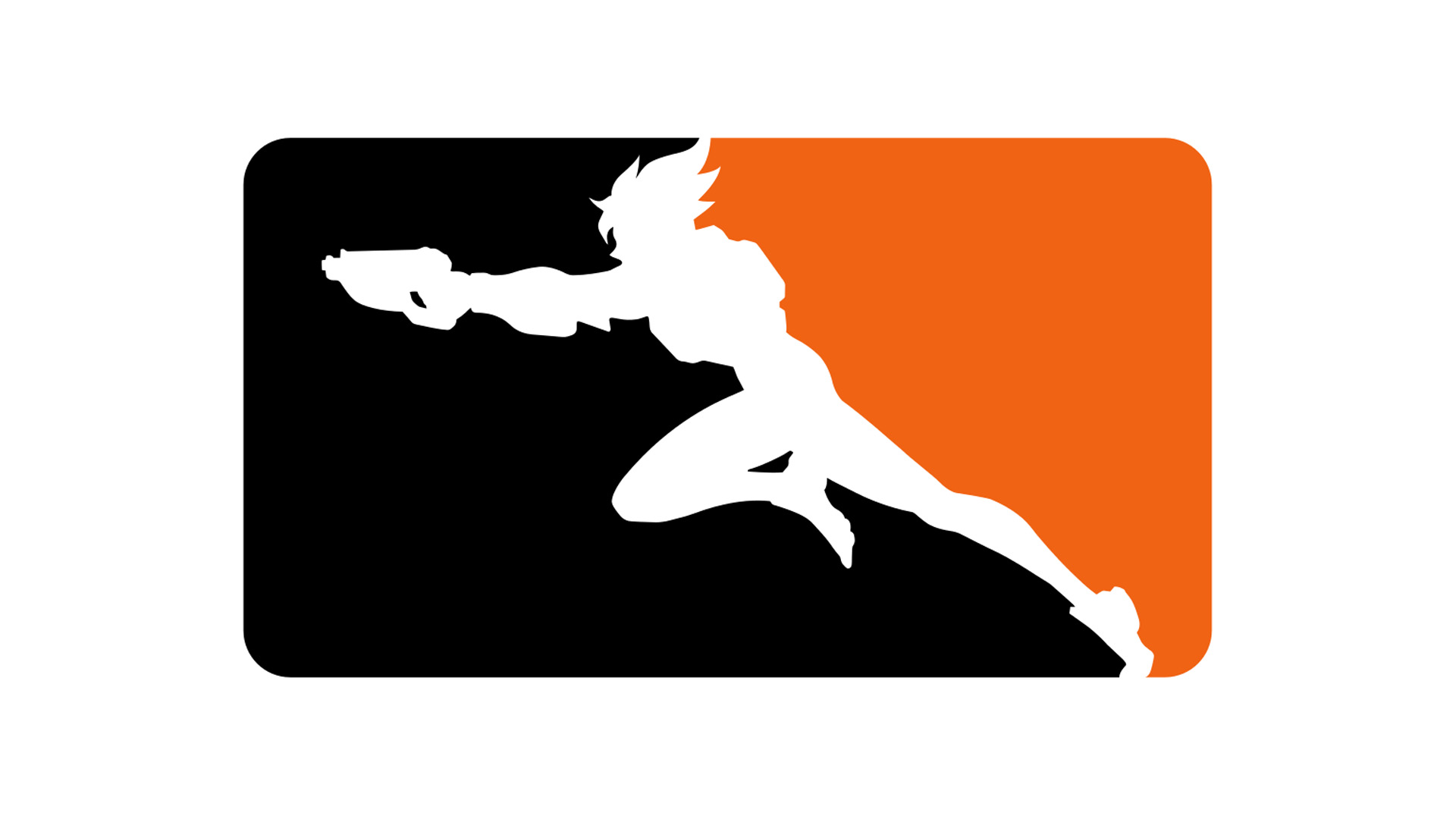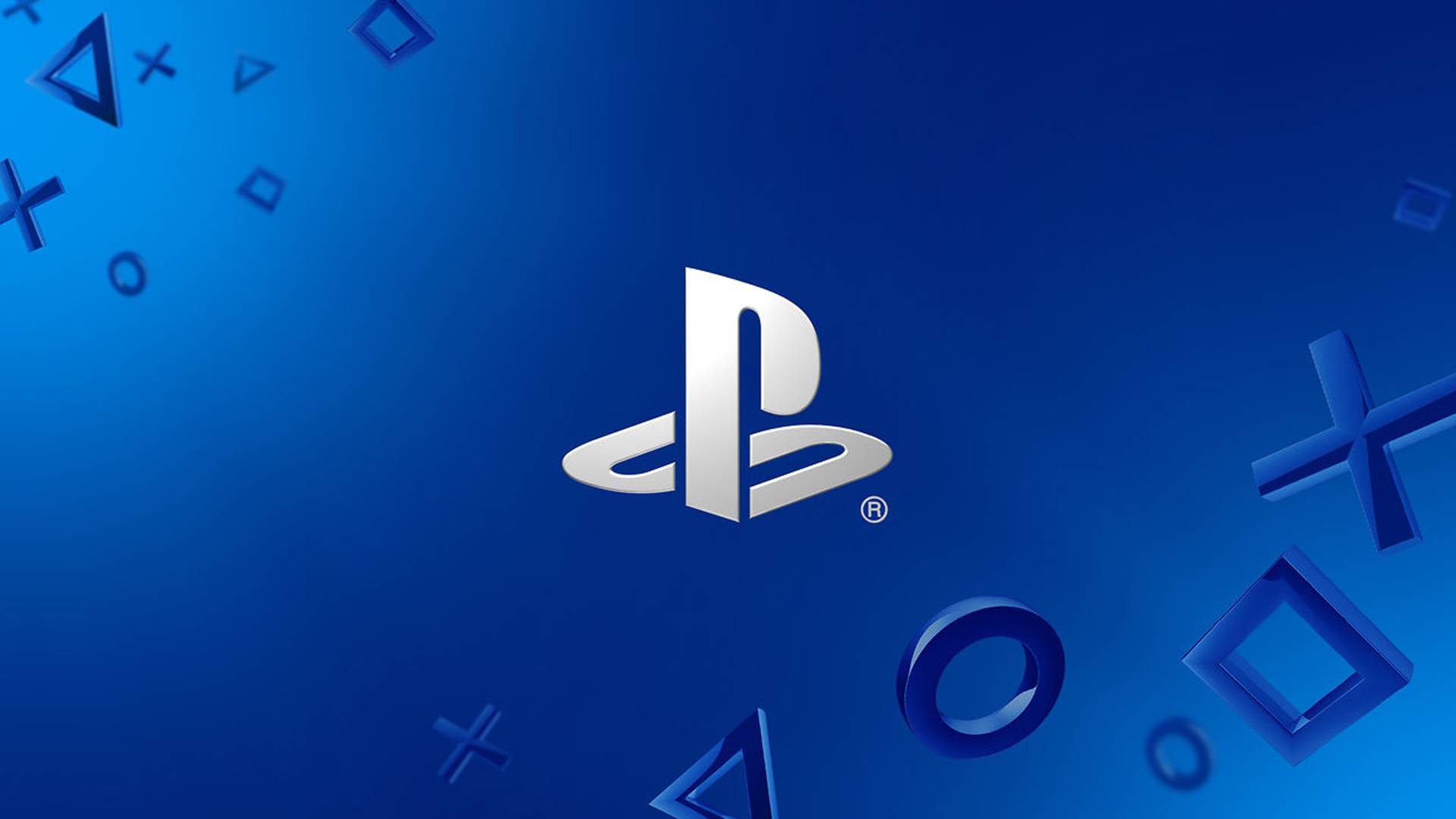Without a PVE campaign or multi-million dollar esports league, the future of Overwatch 2 now looks very different to what those behind the game once had in mind. Executive producer on Overwatch 2 Jared Neuss isn’t ready to talk specifics about what Overwatch esports might look like without the Overwatch League, but he had a lot to share about how the team grappled with the challenges of the last year, and refocused itself towards a new long-term vision for the game, at BlizzCon 2023.
An Uncertain Future
“When we first launched we were looking very much just at the next step ahead of us,” he explained. “What can we get into season two? What can we get into season three? What can we get into season four? It was very focused on improving things that we knew needed to be addressed immediately.”
However, as the team started making progress on the big changes that Overwatch 2 needed – specifically, matchmaking improvements and a new progression system – they also had to begin thinking about what comes next.
While the pipeline of new heroes was well underway, Neuss said that, “the future was a little murky in terms of what were our priorities, and what were the things we were going to focus on.”
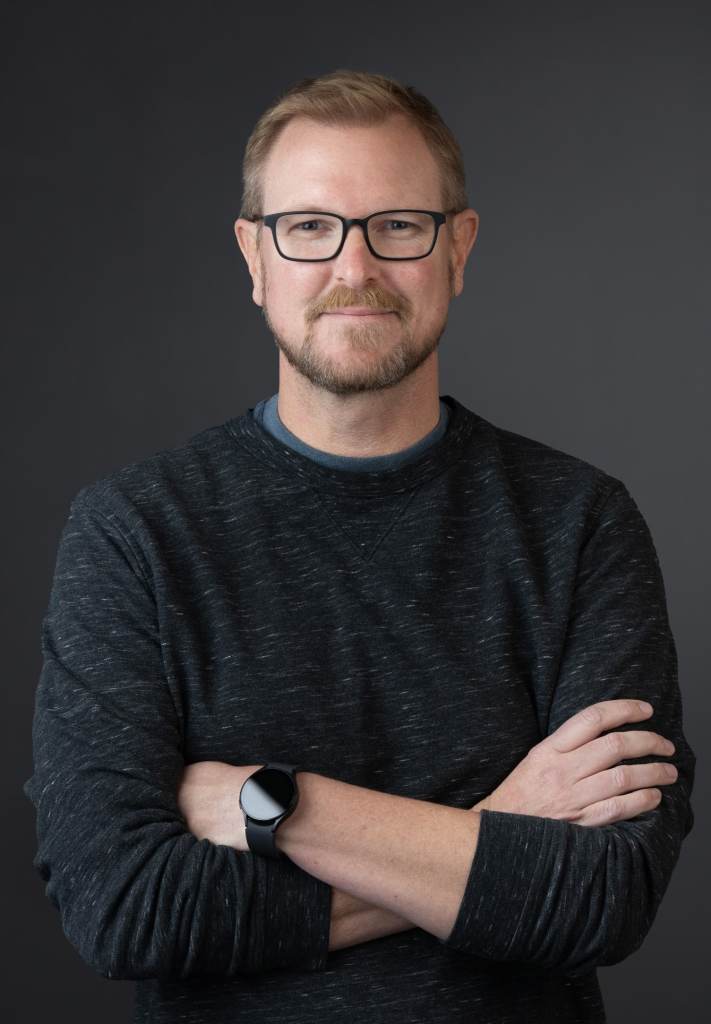
By August, it became clear that the team needed to start thinking about the future. By the time BlizzCon rolled around, they had a clear view of what lay ahead as far as 2025.
“We’re finally getting to the point where we have a multi-year plan, which feels really good,” he said.
Even if this roadmap isn’t quite as grandiose as the decades-long one that Blizzard’s executive creative director for Warcraft Chris Metzen paid lip service to during the BlizzCon opening ceremony, Neuss said that pivoting towards it was a big challenge for those working on the game.
Given that Microsoft just finalised the acquisition of the developer behind World of Warcraft, Diablo and Hearthstone, it seems a safe bet that Blizzard’s oldest and biggest franchises aren’t going anywhere anytime soon.
But by comparison, the future of Overwatch 2 feels like a more open question.
While the competitive, PVP-centric half of Overwatch 2 received broadly positive reviews at launch, sentiment around the sequel soured after Blizzard scrapped the long-in-the-works PVE-centric half in early 2023. Add to that the all-but-imminent demise of the Overwatch League, and it’s safe to say that the last twelve months have been a tumultuous time for Blizzard’s hero shooter.
Going forward, Blizzard wants Overwatch to deliver on the core PVP experience that players of all skill levels expect above anything else. This isn’t to say the developer is entirely giving up on its ambitions to tell stories in the Overwatch universe, or reneging on what remains of its support for the esports ecosystem around the game, but it does represent significant recalibration.
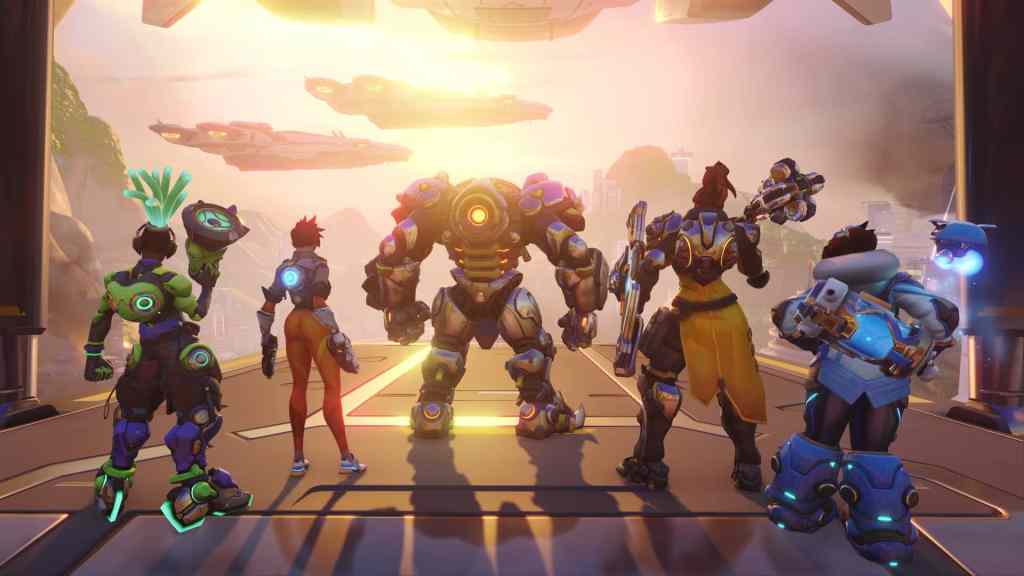
What is the core of Overwatch?
Back in 2016, Blizzard’s then-global director of esports Nate Nanzer told Polygon that the company’s investments in the Overwatch League were an opportunity to broaden the appeal of esports by tying it to geography in a way that echoed that of traditional sports leagues.
“When we think about adding stability to esports and to esports teams, we think localising esports to some degree by having the city-based teams is going to unlock additional revenue opportunities for teams that don’t exist in today’s esports ecosystem,” he said.
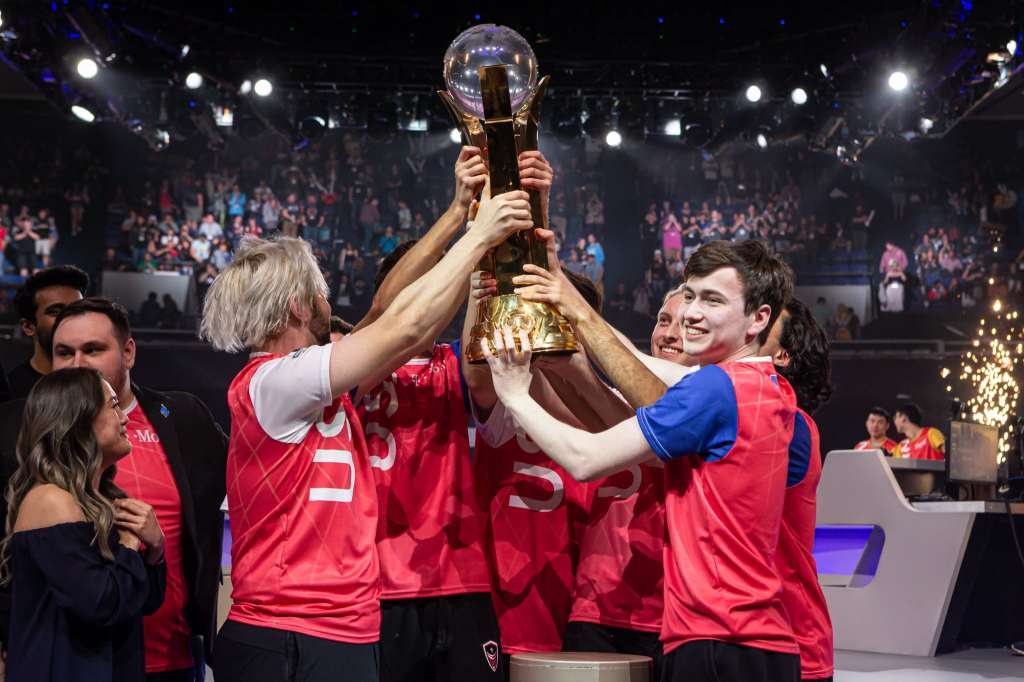
While the Overwatch World Cup is still alive and kicking, the event lacks any of these qualities or opportunities. Another key difference between this event and the Overwatch League is that the prize pool for it is funded by fans.
Neuss said the decision to turn to the playerbase when it comes the funding the Overwatch World Cup was one borne of curiosity. So far, the reception has been positive. “Going forward, I could absolutely see us doing things like crowdfunding, if the opportunity is right.”
Esports are still part of Overwatch’s future, but the relative size of that part may be much more in line with what you can expect from the rest of the Blizzard, roster rather than the exception. That reality may sound disappointing, but it’s a necessary step towards the new destiny that the developer now has in mind.
The new centre of gravity for Overwatch 2 isn’t esports. It’s the people who are still playing.
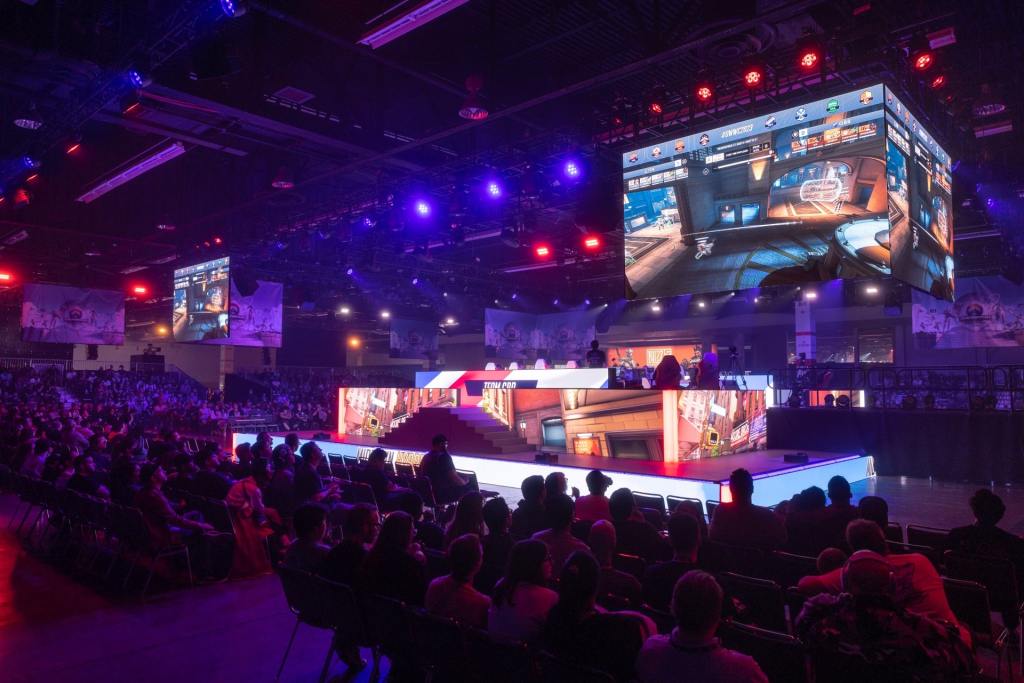
“The thing that was true at launch is that the millions of people that come and play every day are there for the competitive game. They’re there for quick play, they’re there for competitive [play],” Neuss said.
“Before we do anything else [and] before we focus on anything else, we really have to make sure that these people are supported, and make sure that we’re giving them the experience that we know that we can deliver and that they want.”
Back to the beginning
In the past, the ranks of the Overwatch League often had early access to new characters ahead of the general public. There was a logic to why this happened, but it also led to a perception that the balancing decisions of the development team were tilted in the direction of the competitive crowd at a higher level, at the expense of everyone else.
Of course, with the current state of the Overwatch League, this may be less of an issue going forward. The sixth season of the franchise concluded in September and – as per a note that Activision Blizzard issued to investors earlier this year – the various teams attached to it are expected to vote on whether it will continue to exist any day now.
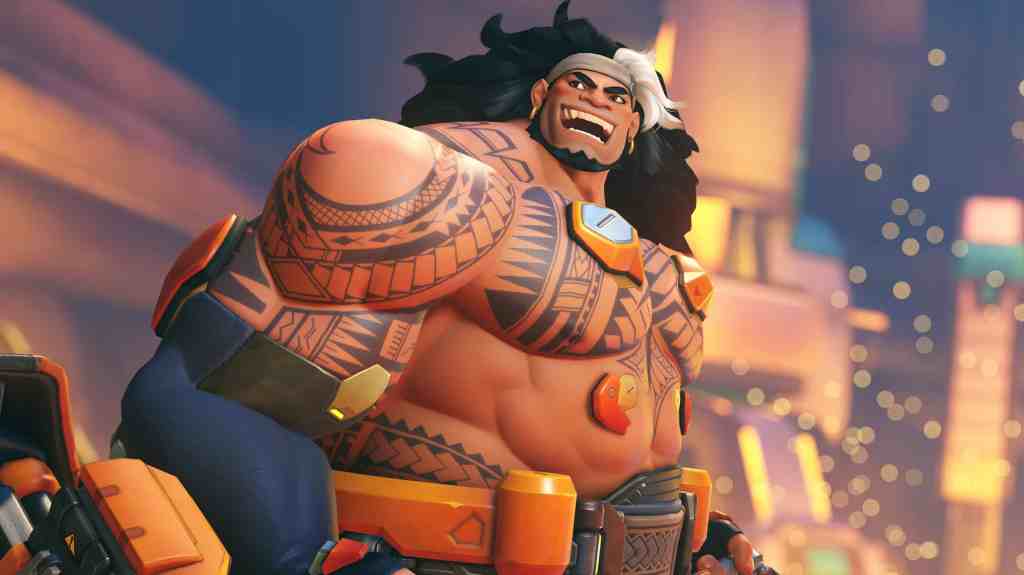
Perhaps it’s a sign of the time that Mauga – the next hero to join the roster – was not playtested by professional players ahead of his announcement at this year’s BlizzCon. Despite that, the conversation about how and who Overwatch 2 is being balanced for rages on.
Neuss said that the goal is always to make sure that the game is balanced across all levels of play, “which is challenging, but what it necessarily means is that some Heroes will be very good at one level, but not the other.”
“We try to minimise that as much as possible, but if we ever get to the point where a hero being balanced for one level of skill play makes it miserable to play against at a different level of play, then we need to bring it down,” he said.
While the Overwatch League itself may be on the way out, Neuss made it clear that the in-game presence of the organisation would remain where it is.
“The stuff that’s in the game for that is staying in the game. Our goal – regardless of what the future of esports is in the game – is to make sure that we are always honouring the things that have made the game what it is today, and the things that have helped our fans grow.”

If the reworked competitive ranking system shown off at BlizzCon 2023 is any indication, the future of Overwatch 2 may look a little bit like the past.
Neuss is sceptical about whether the team will be working on an “Overwatch Classic” anytime soon, but said that a lot of what that version of the game looked like — and what it did well — is likely to inform the next era for the game.
“I want to get us back to some of the things that worked super, super well about Overwatch but also I don’t want to be beholden to that forever,” he said.
Activision Blizzard provided flights and accommodation for the author to attend BlizzCon 2023.
